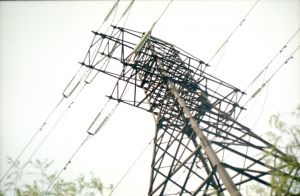
June 21, 2011
Facts About FHA Loan Fees
When you apply for an FHA home loan, make the commitment to buy and close the deal, there are a variety of services which must be paid for as part of the home buying process. Some fees are paid by the borrower, some by the lender, and some by the seller. Do you know what fees you’re responsible for as a borrower taking out an FHA mortgage? FHA loan fees the borrower must pay include a loan origination fee, which includes payment for the cost of doing business with your chosen lender. The buyer is also responsible for any title search and examination fees, plus legal fees where applicable. For some home sales with an FHA loan, the sellers may agree to pay the legal fees–part of an incentive to | more...









